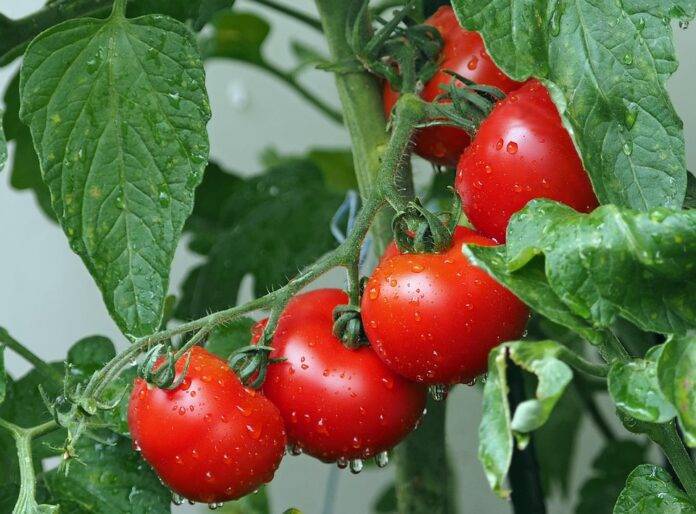The Rise of Private Label Tomato Products
In recent years, there has been a noticeable trend in the supermarket industry towards the rise of private label tomato products. These products, which are produced and sold under the retailer’s own brand name, have been gaining popularity among consumers for a variety of reasons. This report will explore the factors contributing to the growth of private label tomato products and examine how they are competing with established brands in the market.
Consumer Demand for Quality and Value
One of the main drivers behind the rise of private label tomato products is consumer demand for quality and value. With increasing awareness about food quality and safety, many consumers are looking for products that are not only affordable but also meet their expectations in terms of taste and nutrition. Private label tomato products have been able to fill this gap by offering high-quality products at competitive prices.
According to a recent survey conducted by Nielsen, 70% of consumers worldwide say they would buy private label products if they offered better value for money. This indicates a growing acceptance of private label brands among consumers who are looking for affordable alternatives to traditional brands.
Cost Savings for Retailers
Another factor driving the rise of private label tomato products is the cost savings they offer to retailers. By producing their own branded products, retailers can cut out the middleman and reduce costs associated with distribution and marketing. This allows them to offer lower prices to consumers while still maintaining healthy profit margins.
According to a report by IRI, private label products typically offer retailers higher profit margins compared to national brands. In some cases, retailers can see profit margins that are 10-15% higher with private label products, making them an attractive option for supermarkets looking to boost their bottom line.
Competition with Established Brands
As private label tomato products continue to gain popularity, they are increasingly competing with established brands in the market. While traditional brands have long held a dominant position in the tomato product category, private label brands are now challenging their market share by offering comparable quality at lower prices.
For example, a study by Kantar Worldpanel found that private label tomato products accounted for 20% of total sales in the tomato category in 2020, up from 15% in 2015. This indicates a significant shift in consumer preferences towards private label brands and away from traditional brands.
Future Outlook
Looking ahead, it is clear that the rise of private label tomato products is not just a passing trend but a long-term shift in consumer behavior. As more consumers prioritize value and quality in their purchasing decisions, private label brands are likely to continue gaining market share and challenging established brands in the supermarket industry.
With retailers investing more resources into developing and promoting their private label offerings, we can expect to see even greater competition between private label and traditional brands in the coming years. This competition is ultimately beneficial for consumers, as it drives innovation and leads to more choices and better value in the tomato product category.



